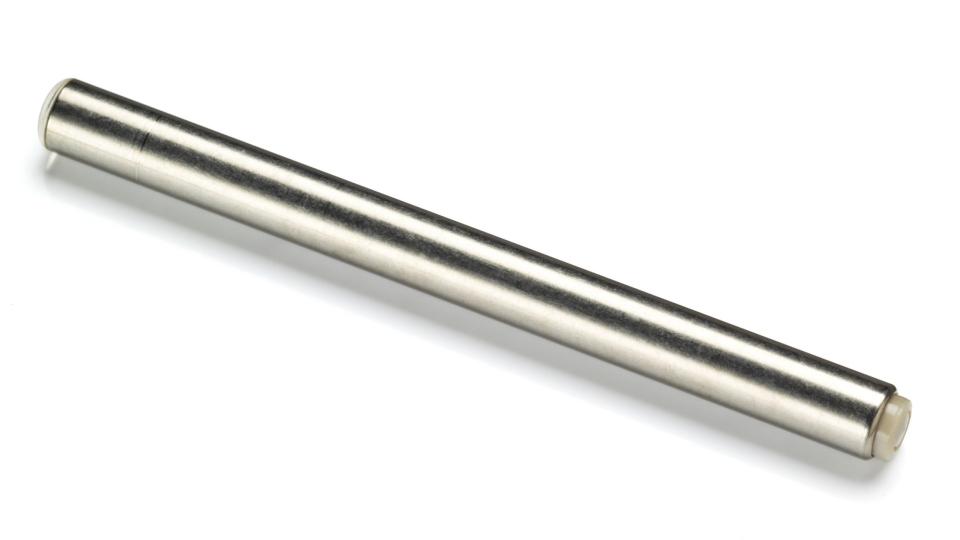FDA panel votes against Intarcia’s GLP-1 implant

Intarcia Therapeutics’ take on the massively successful GLP-1 agonist class of diabetes drugs has failed to convince an FDA advisory committee, which voted unanimously against approval of its drug-device combination.
The biotech – once a biotech unicorn with a valuation in excess of $1 billion – sought the panel meeting because the FDA has previously rejected the implantable formulation of GLP-1 exenatide twice and, in a highly unusual move, the FDA granted its request.
Its hopes of turning around the fortunes of the ITCA 650 implant, designed to continuously deliver exenatide over six months, were dashed, however, when the committee voted 19 to nothing that the benefits of the product do not outweigh its risks.
Exenatide is already a well-established injectable therapy for diabetes, marketed as Byetta and Bydureon by AstraZeneca, given daily or weekly, respectively, but the FDA has been sceptical of the matchstick-sized implant technology used to deliver ITCA 650 and the safety of the product.
The regulator issued a complete response letter (CRL) to Intarcia in 2017, taking issue with the stability of drug release from the device and raising concerns about cases of acute kidney injury seen in clinical trials.
A second attempt for approval was rejected in 2020, but Intarcia stuck with the product, refiling it once again, but was knocked back again last year when the FDA said it was planning to deny approval as deficiencies in the application had not been addressed. Despite that, Intarcia convinced the FDA that an advisory committee meeting was warranted to get an independent view of the filing.
In the meantime, Intarcia’s assets, including ITCA 650, have been sold to a private company called i20 Therapeutics, naming Intarcia boss Kurt Graves as its chief executive and raising $46 million in first-round financing to fund operations.
In a briefing document published ahead of the panel meeting, the FDA once again highlighted the issue of acute kidney injury, which occurred more often in patients with the implant than controls, along with major adverse cardiovascular events (MACE), side effects and mortality data that were “unfavourable” to the implant.
The release profile of exenatide from the implant was also called into question again, pointing to variations that sometimes resulted in high levels of the drug in the body.
Members of the advisory committee also expressed those concerns before voting against the drug, and multiple panellists said additional studies would have to be done before ITCA 650 could be considered for approval. Ultimately, the decision will be down to the FDA in the coming weeks.
Newer GLP-1 drugs for diabetes, such as Novo Nordisk’s Ozempic (semaglutide) and Eli Lilly’s dual-acting Mounjaro (tirzepatide), have become massively sought-after due to their ability to reduce weight as well as help manage blood sugar, leading to multibillion-dollar sales projections. It seems unlikely that ITCA 650 will be able to tap into that fast-growing market anytime soon.













